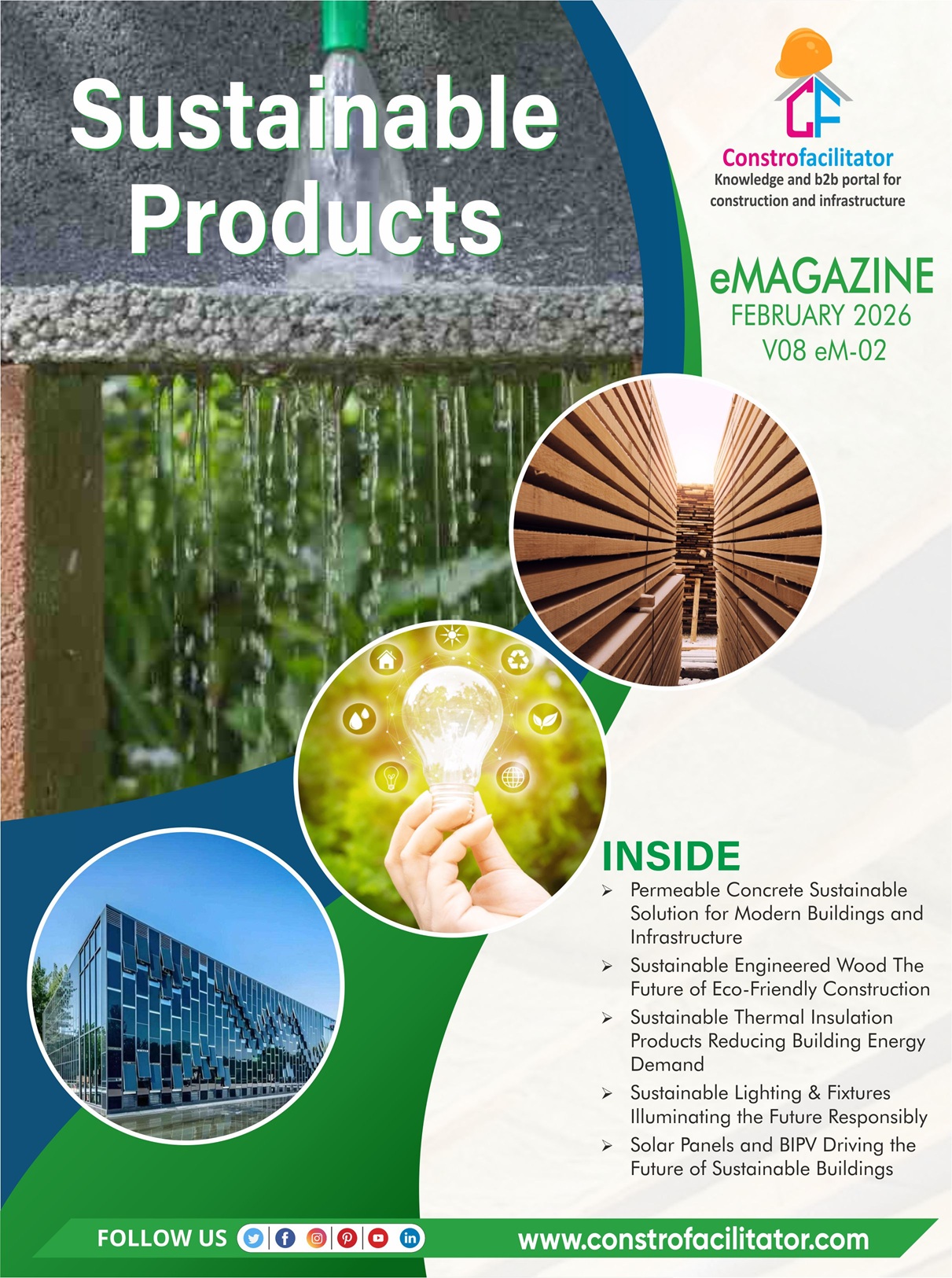Managing construction projects has become increasingly challenging, requiring a proactive approach to mitigate the risks. This article aims to provide informative advice on mitigating common risks encountered in construction projects in the USA. By understanding and implementing effective risk assessment and management strategies, project stakeholders can enhance project success and minimise potential setbacks.
Common Types of Risk
Construction projects face several types of risks, including legal, financial, environmental, safety, and productivity risks. Legal risks involve contractual disputes, zoning regulations, and compliance issues. Financial risks encompass budget overruns, payment delays, and cost estimation errors. Environmental risks involve adherence to environmental regulations and the impact of construction activities on surrounding ecosystems. Safety risks pertain to worker injuries, accidents, and the overall well-being of on-site personnel. Productivity risks can arise from factors such as labour shortages, inefficient scheduling, and delays in material delivery. It is crucial to identify specific risks within each category to mitigate them effectively.
Risk Assessment
Performing a thorough risk assessment is fundamental in mitigating construction project risks. By evaluating potential risks early in the planning stage, stakeholders can develop appropriate strategies to avoid or minimise their impact. Comprehensive risk assessments involve:
- Identifying and analysing risks.
- Evaluating their potential consequences.
- Prioritising them based on their severity and likelihood.
Utilising specialised tools and technologies, such as builders’ risk assessment software, can facilitate the process by providing a structured framework for identifying and addressing potential risks.
Risk Management Strategy
Once risks have been identified and assessed, implementing a robust risk management strategy is crucial to ensure project success. This strategy should include proactive measures to prevent or minimise risks and contingency plans to address unforeseen events. Some key elements of an effective risk management strategy include:
1. Communication and Collaboration: Foster clear and open communication channels among all project stakeholders to share risk information and collaboratively develop mitigation strategies.
2. Training and Safety Programs: Invest in comprehensive training programs to enhance worker safety, promote adherence to safety protocols, and reduce the likelihood of accidents or injuries.
3. Contractual Clarity: Develop well-defined contracts outlining responsibilities, deadlines, and dispute resolution mechanisms to mitigate legal risks and ensure smooth project execution.
4. Regular Monitoring and Reporting: Implement robust monitoring systems to track project progress, identify potential risks, and report on any deviations from the plan. Timely reporting enables prompt action and minimises the impact of risks.
5. Risk Transfer and Insurance: Evaluate the feasibility of transferring certain risks to third parties through insurance or contractual agreements. This can help minimise financial risks associated with unforeseen events.
Mitigating common construction project risks requires a proactive approach involving comprehensive risk assessment and implementing effective risk management strategies. By understanding the various types of risks involved and prioritising their mitigation, project stakeholders can enhance project success and minimise potential setbacks. Employing specialised tools, such as liquid level sensors, fostering communication, promoting safety, and adopting robust risk management practices are key steps in achieving successful construction projects.
Construction projects can optimise productivity, reduce costs, and improve overall project outcomes by integrating innovative technologies like liquid-level sensors into risk management strategies.





